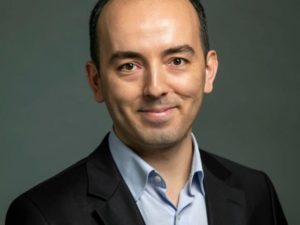We are happy to announce that the follow-up project to DTRA-sponsored Social Impacts of Nuclear Detonations project has been awarded to the Center for Social Complexity. This project will further examine the social impact on the resiliency of the infrastructure of a city following a WDM event. As various social factors propel the human workers that support the infrastructure of a city to evacuate or shelter in their homes, this infrastructure that supports the human life can suffer in numerous ways, which are examined in our agent-based model.
We would like to acknowledge the hard work of not only the people involved in this proposal (Bill Kennedy and Hamdi Kavak), but also all the people who worked on the previous project whose success made the proposal possible: Andrew Crooks, Matt Brashears, Christopher Dyer, Victoria Money, Samiul Islam, Fahad Aloraini, and Maxim Malikov. Thank you!


